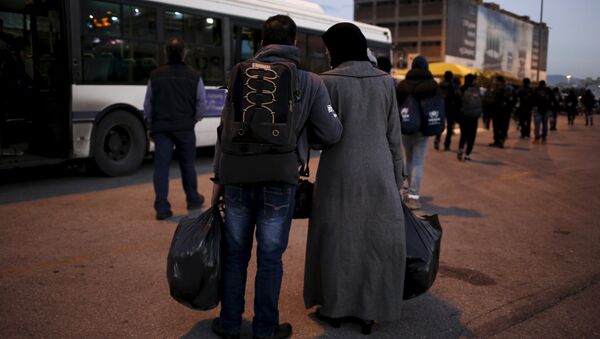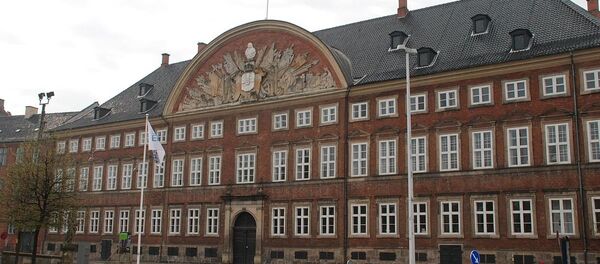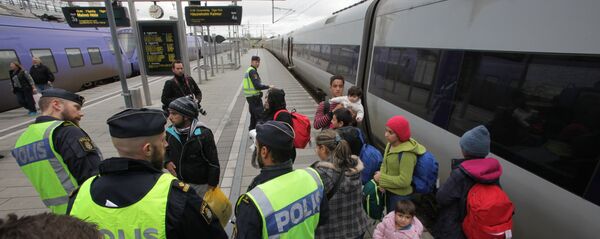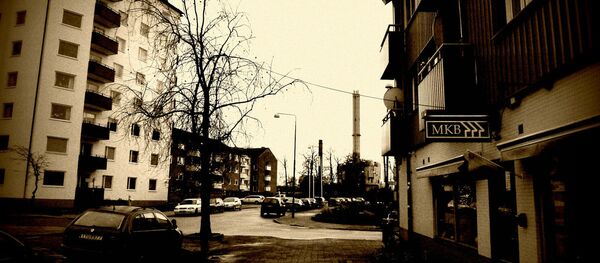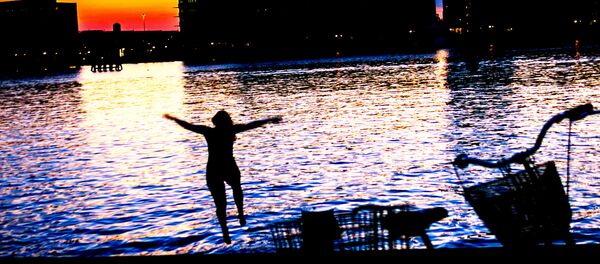According to Poul Højlund of the Danish newspaper Jyllands-Posten, the truth is the opposite: immigration is a man-made calamity that can be stopped any day of the week through only accepting genuine refugees with a valid passport via Danish representations abroad. All else simply encourages continued migration and leads to thousands of people drowning in the Mediterranean Sea en route to EU countries with the richest welfare bonuses.
Moral relativism
"The very word 'refugee' conceals the fact that we have to deal with a permanent migration, not with a temporary refugee crisis. The term ‘refugees' calls on our help and compassion, whereas 'migrants' is a more sober term for people seeking better living conditions," Højlund wrote.
According to Højlund, Denmark is moving towards an economic, social, humanitarian and cultural catastrophe — and yet has not even started to use the correct terminology to set the political and moral perception of the crisis straight. Everyone would love to help refugees, but no sensible person would support illegal immigration, he argued.
"With the stream of migrants marketed as a refugee crisis, we continue to help the wrong and betray the weak. The right kind of refugee is still in camps across the Middle East. It is not refugees, but migrants from a multitude of countries including Syria that end up in Europe as a burden on national budgets and local communities," Højlund wrote.
Inefficiency through incompetence
"Instead, they should use their systems to help genuine refugees. This would be decent, as the current policy is nothing but obscene," Højlund wrote.
Failed strategy
Immigration is therefore a consistent EU strategy, even though most of the politicians are reluctant to admit this publicly. As for Højlund's home country, Denmark relies on immigration as well to battle the falling birth rates combined with increased longevity. Denmark's population rose by about one million people from 1960 to 2010, with immigration accounting for 60 to 65 percent of the increase.
Gloomy future
"All we know is that by 2020 we are going to have between 100,000 and 125,000 more migrants. At the very least," concluded Højlund.

